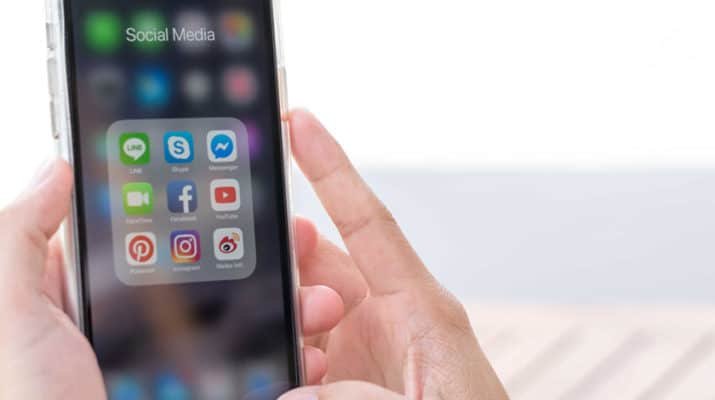By Deborah Jeanne Sergeant
It seems there’s a few phone apps available to address every difficulty of life. Numerous apps address the many facets of substance abuse, from accountability to isolation.
But are apps really helpful in assisting those in recovery?
Robin Mann, licensed clinical social worker and executive director of Erie County Council for the Prevention of Alcohol and Substance Abuse, thinks that apps can be helpful, but only if they’re used properly. Some people prefer face-to-face assistance.
“For me, it boils down to personal preference as to how comfortable you are at seeking out resources that are more technology-based,” Mann said.
People accustomed to using technology may feel much more at ease reaching for an app than those who don’t use smartphones.
In addition, those who feel stigmatized in seeking help face-to-face, apps offer anonymity.
Mann said that apps such as Headspace help with relaxation, meditation and mindfulness.
“It helps ground people,” she said. “It puts people at ease.”
She likes that apps can help people anytime and at their convenience. Whether it’s in the middle of the night, when a non-crisis counselor isn’t available, or on a lunch break surrounded by coworkers, an app can help.
It’s also a plus that apps like these may be used by anyone, not just those who struggle with substance abuse disorder.
“I don’t know anyone who has not been stressed at some point,” Mann said. “These apps definitely normalize it.”
Tracking triggers may prove helpful for some people. Anna Shurmatz, licensed clinical social worker and owner of Shurmatz Counseling in Buffalo, said that is the function of the SoberTime app.
“People can ask themselves, ‘What are the patterns connected to my substance abuse?’” she said. “‘Is it that I have a glass of wine after the kids go to bed or smoke marijuana?’ or is it, ‘I take opiates before bed because this is when I think my back will bother me?’ If you don’t know what’s connected to a craving, you’re flying blind.”
Like an online AA, OneYearNoBeer is another app she mentioned. The app provides positive peer pressure, accountability and support for abstaining from alcohol.
“There’s a thousand apps available for free around journaling, mood tracking and mindfulness,” Shurmatz said. “It’s just a matter of picking some that you think are helpful.”
She cautioned that no one app is perfect for everyone; however, by trying different apps, many people can find one that helps.
“In the very beginning stages where someone says, ‘I think I might have a problem with this’ or ‘This feels unmanageable’ or ‘My best friend overdosed and I don’t want to end up like them,’” she said.
Some municipalities are using apps to help connect clients with services. Cheryll Moore, Community Coalition coordinator with Erie County Department of Health, said that the county promotes use of the NARCAN Now app.
“It walks through someone reversing an overdose,” Moore said.
NARCAN Now also includes safety information, a pharmacy locator,
Though phone apps can’t take the place of professional help, they can augment it and provide easily accessible help as needed.

